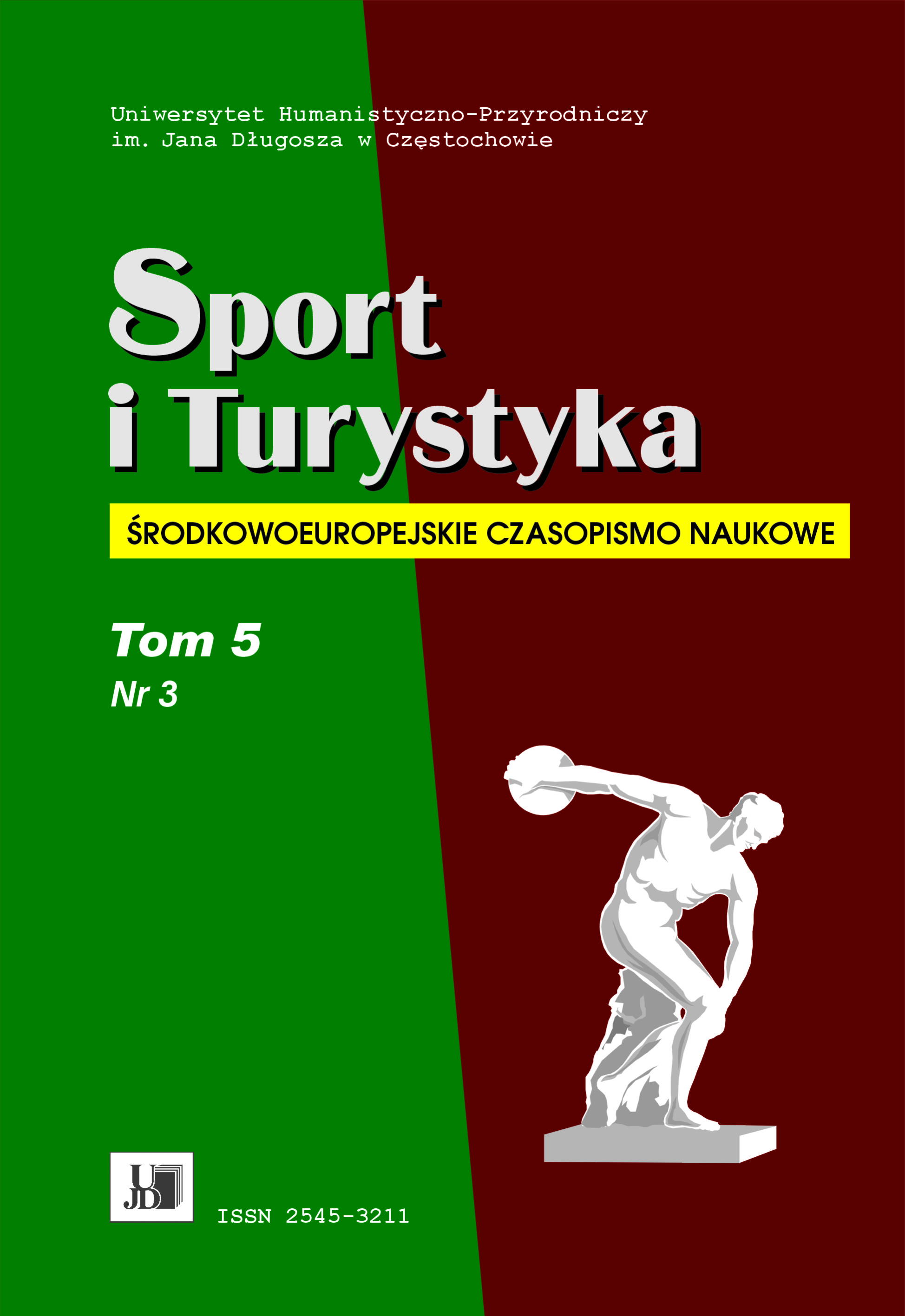Abstract
A stroke is neurological damage that results in the need for medical and physical therapy management. From this perspective, virtual reality (VR) is a promising rehabilitation technology that reproduces real-life scenarios through computer-generated environments. VR can be a comple- mentary strategy to conventional rehabilitation approaches by potentially improving hand motor function and activities of daily living (ADLs). This study aimed to evaluate the effectiveness of VR-based therapy in improving hand function for people suffering from chronic stroke. For this systematic review, we searched PubMed, Cochrane, Physiotherapy Evidence Database(PEDro) and registers on International Clinical Trials Registry Platform (ICTRP) and ClinicalTrials.gov including all eligible articles. In the end, 8 articles were included. Three reviewers independently searched for randomized controlled trials (RCT) of VR intervention in patients with chronic stroke, including only studies where hand function rehabilitation was specifically targeted. In conclusion, VR used in rehabilitation for patients with chronic stroke improves several outcomes of hand function and may be considered as an addition to rehabilitation in routine use. Seven out of eight included studies had a high-quality score on PEDro scale. Future studies should focus on how the advantages of VR therapy for hand function can be sustained over a longer period.





